For those of us not ready to switch to electric cars and particularly those with a classic or modern-classic car, synthetic fuels seem like the dream. They replace petrol or diesel without modification, can be made in an almost carbon-neutral way and can be dispensed using the same infrastructure we have today. But practical hurdles remain.
Those hurdles are being evaluated in multi-million pound research and development programmes, with the most high-profile being run by Porsche, Siemens and the German government. The trio recently announced the Haru Oni project in southern Chile, betting that synthetic fuels could be a viable, ultra-low carbon alternative to fossil fuels. At the same time, Bill Gates, the Microsoft founder, is partially funding Carbon Engineering in Canada.

Already, authorities across the Britain and Europe are preparing to roll out E10 fuel, petrol with a 10% bio-ethanol mix. Synthetic fuels are for further down the road. Taking an optimistic view, availability could be widespread by 2030.
Synthetic fuels, also known as e-fuels, could enable classic car and motorcycle owners to continue to enjoy and drive their vehicles in decades to come. But what are they, how much might they cost, will legislators allow them and will any car be able to use them? Here’s everything drivers should know about synthetic e-fuels.
What are synthetic fuels?
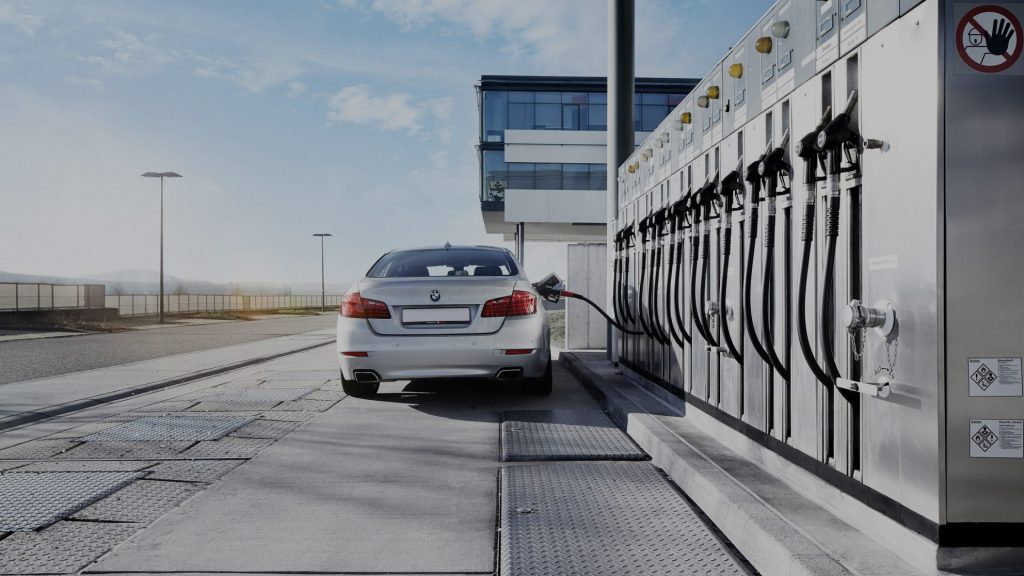
Petrol and diesel fuels are hydrocarbons – they are composed of hydrogen and carbon atoms. But while such conventional fuels are derived from oil, sythetic fuels or e-fuels get their hydrogen from water and carbon from the air, with these elements then combined to mimic the structure of petrol, diesel and other oil-derived fuels.
They’re close to being carbon neutral and because they can be a direct replacement for petrol or diesel they’ll work with existing combustion engine cars and existing fuel stations. Which means they could be the key to keeping vintage, classic and modern-classic cars on the road for future generations to enjoy.
The reason the newly announced Porsche project is situated in southern Chile is down to the local climate. Plentiful and reliable wind is a crucial source of renewable energy for the electric-intensive process of splitting water into hydrogen and it means that, even after shipping the resulting synthetic fuels back to Europe in a diesel-powered tanker, the final product is close to carbon-neutral.
Why are they important?
Porsche argues that synthetic e-fuels are essential to lowering CO2 emissions of legacy cars (70 per cent of Porsches are still on the road, according to its figures), current cars and even future plug-in hybrids, which could alternate between electric in cities and e-fuel outside.
Although Porsche’s direction of travel is electric propulsion, it believes that synthetic fuels could extend the life of combustion engines in countries such as the UK, where they’re banned from 2030.
“Whether e-fuels will lead to regulation to allow us to sell such cars later than 2035 I don’t know, but if you don’t have such technology you can’t prove it, so we’d like to show what’s possible and have the discussion at a later date,” Michael Steiner, head of research and development at Porsche told Hagerty.
Who is championing e-fuels?
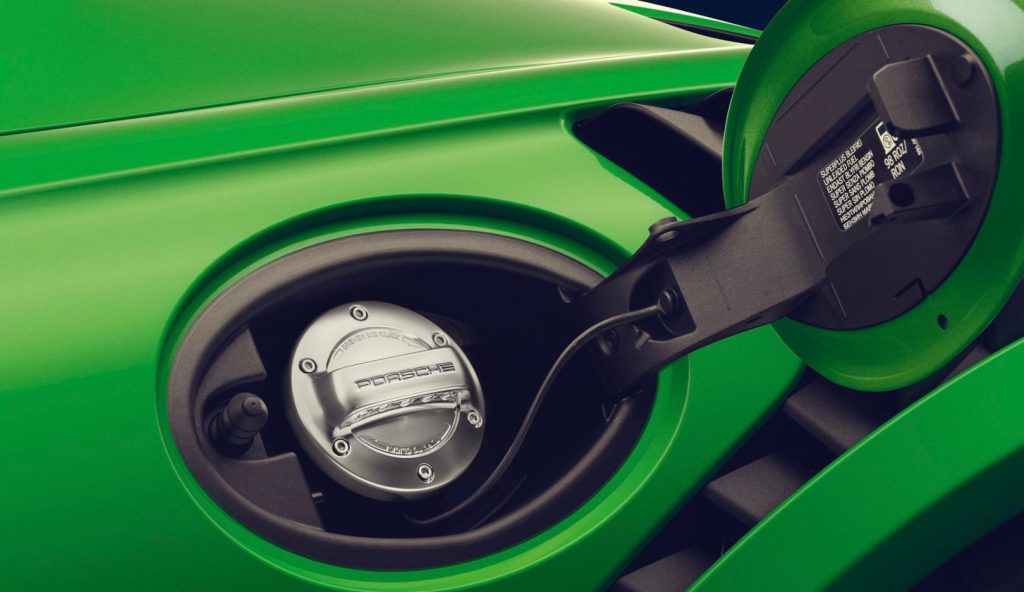
Porsche’s stablemate Audi has been working alongside partners to produce e-methane and e-diesel in low volumes since 2009. Others are keen to see it progress. McLaren has said it supports synthetic e-fuel growth, while Aston Martin has called for the synthetic fuel to form part of a “technology neutral approach” to decarbonising road transport, leaving room for legacy engines to survive. Even Bentley, which has declared it will go EV-only after 2030, has said e-fuels could allow the production of limited “continuation” combustion engine vehicles after its self-imposed deadline.
One of the loudest advocates is German super-supplier Bosch, whose CEO Volkmar Denner has implored legislators not to ignore synthetic fuels. He claimed the push to electromobility was driven on the “misunderstanding…that diesel and gasoline-powered cars can never be climate neutral”. He decried the “shortsighted” legislation that hasn’t yet pressed for oil companies to fulfil an e-fuel quota. “Half of all the vehicles that will be driving on our roads in 2030 have already been sold and most of them have gasoline or diesel engines,” he wrote. “These cars will also have to reduce their carbon footprint, and renewable synthetic fuels will allow them to do so.”
Don’t we already have biofuel?
Fossil fuel substitutes have been a holy grail for car makers and their suppliers for more than two decades now. Biofuels made from crops showed early promise but despite becoming widespread in some areas, for example Brazil, the competition with food supplies ultimately scuppered their cause, barring those created from farming or food waste.
They do form a portion of the fuel we pump into cars, with British petrol containing five percent bio-ethanol, rising to 10 percent in 2021 as part of the move to the new E10 formula. It does reduce CO2 but it’s not a substitute for carbon neutral alternatives, and 100 per cent biofuel is not a straightforward alternative. Cars running on ethanol in Brazil for example require engine modifications.
Biofuel created from algae was the great hope for a while and in 2008 the government-funded Carbon Trust even invested £26 million into schemes, predicting that production could hit 70 billion litres by 2030. But it proved too costly and by 2011 that funding was cut.
How much will synthetic fuel cost?
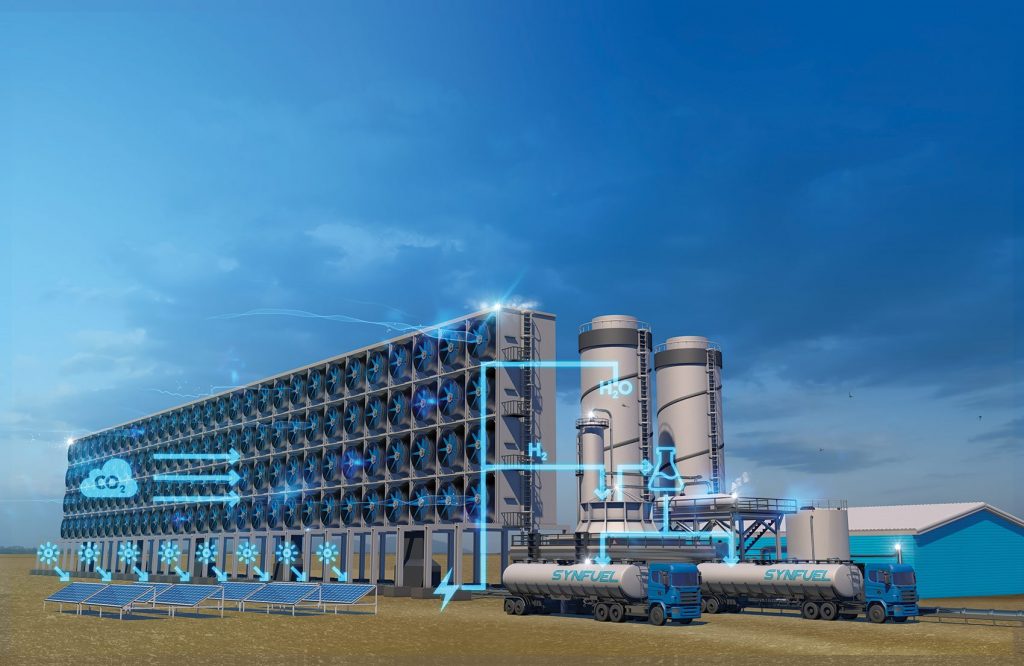
Synthetic fuel will be expensive, at least initially. Porsche estimates that e-petrol synthesised from e-methanol using the hydrogen and carbon-capture process right now would cost over 10 euros a litre. However Steiner, Porsche’s head of R&D, predicts that will eventually drop to match today’s fuel prices as more refineries are installed. Bosch’s Denner forecasts that e-fuels could reach 1.20 euros per litre by 2030 – and even fall below one euro by 2050.
That’s unlikely, argued environmental pressure group ICCT in a June report written in reply to Denner. The figure would probably be more like 3 or 4 euros per litre by 2030, it said. “If we can provide e-fuels so cheaply, why would we bother with transitioning to electric cars?” the report asked. ICCT agreed that synthetic fuels were beneficial to reduce carbon levels, but pointed out that that the electrolysers needed to create hydrogen are “notoriously expensive” and that the whole process is wastefully inefficient. “The vast majority of the energy from the sun or wind is lost,” it said.
Ultimately whether it’s cost effective or not depends whether governments apply a penalty to the price of fossil fuels to reduce their use, Porsche’s Steiner argues: “What price tag for CO2? The higher price tag, the better chances for renewable e-fuels.”
Will e-fuels win against electric power?
Their inefficiency at converting renewable power into motive force, suggests synthetic fuels won’t unseat electric power, at least for new cars. A report by European environment group Transport & Environment published in 2017 claimed that only 13 percent of the energy used to make e-fuels ends up driving the vehicle, against 73 percent for a battery electric car.
Even those advocating e-fuels admit that it’s not a great use of electric energy when applied to cars. “If you produce renewable electricity in Europe you’re better off putting it into the grid, but it’s a good substitute for exporting energy from abroad,” Porsche’s Steiner said.
And while synthetic e-fuel can use the existing distribution infrastructure, you still need to build refineries. “I think building an electric infrastructure – charging etc and the distribution of energy – is far more feasible and likely to happen in the 2030 timescale than a whole new infrastructure for e-fuels,” Adrian Hallmark, Bentley CEO, said.
However, Bosch points to the rate of adoption for clean renewable energies such as wind turbines, and says it believes synthetic fuels could become viable by 2025.
The primary customers, at least initially, will be transport that won’t be able to transition to electric power for a long time, including shipping and aviation.
What about tailpipe emissions?
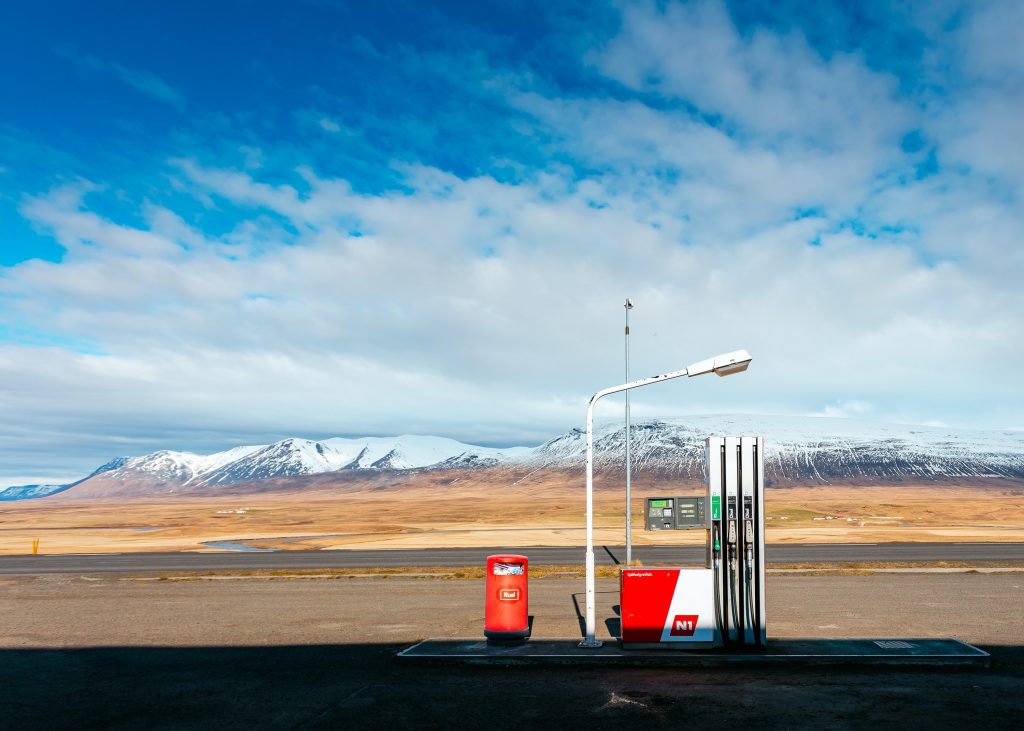
Porsche claims cars using the fuel will emit the same or fewer tailpipe emissions compared to regular fuel. That might not be good enough enough. The Euro 7 emissions standard coming within the next five years (the exact timeframe has yet to be determined) will impose brutal new restrictions on cars’ tailpipe emissions. That will require ever more expensive control devices, making internal combustion engines more expensive and therefore closing the price gap with EVs. As batteries become cheaper, EVs are expected to undercut internal combustion engine cars on price.
Who else is working on synthetic fuels?
Spanish fuel company Repsol has begun work with partners on a 60 million euro refinery in Bilbao that’ll begin production in 2024 and eventually produce 10,000 litres of synthetic fuel a day. Porsche and its partners are promising 550 million litres of e-methanol per year by 2026 from its Chile refinery, of which 40 percent will be e-petrol.
Will e-fuels become a reality?
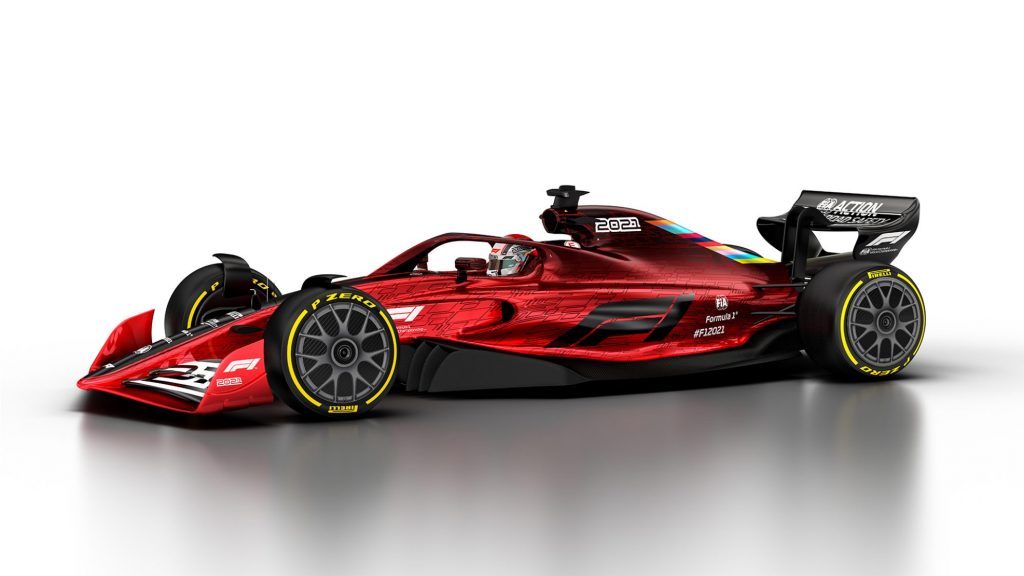
Regulators in Europe aren’t thought to be keen. The suggestion is they’re worried that it sends the wrong signal that the internal combustion engine is fine again just as the industry pivots to electric. The UK of course could make its own rules, but for the price to come down it needs Europe to engage as well. “The most important factor will be the willingness of regulators to give it a chance. There’s a lot of discussion in Europe whether it will be allowed for cars at all,” Porsche’s Steiner said.
But there is momentum. Formula One has pledged to move to e-fuels as part of its commitment to reach a net-zero carbon footprint by 2030. Pat Symonds, Chief Technical Officer at Formula One, acknowledges it wont be simple. “I think it’s important to say that I don’t think it will be easy, but anything of value requires ingenuity, commitment and the will to make a change. And if we can do it, I think there’s another great contribution story from motorsport to the world at large.
“What we can do is we can show the world that there are alternatives to electric power and there are alternatives to storing electricity in heavy and, I have to say, somewhat dirty batteries,” says Symonds.
Internal combustion engines are unlikely to die completely. Just like the high-end watch industry kept analogue movements alive, the sports car brands in particular will want to monetise our enthusiasm for a finely-crafted engine. Synthetic fuels, even if regulated and costly, might allow them to continue to produce them, and power existing classics long into the next decade and beyond.
Everything you need to know about using E10 fuel with your classic car
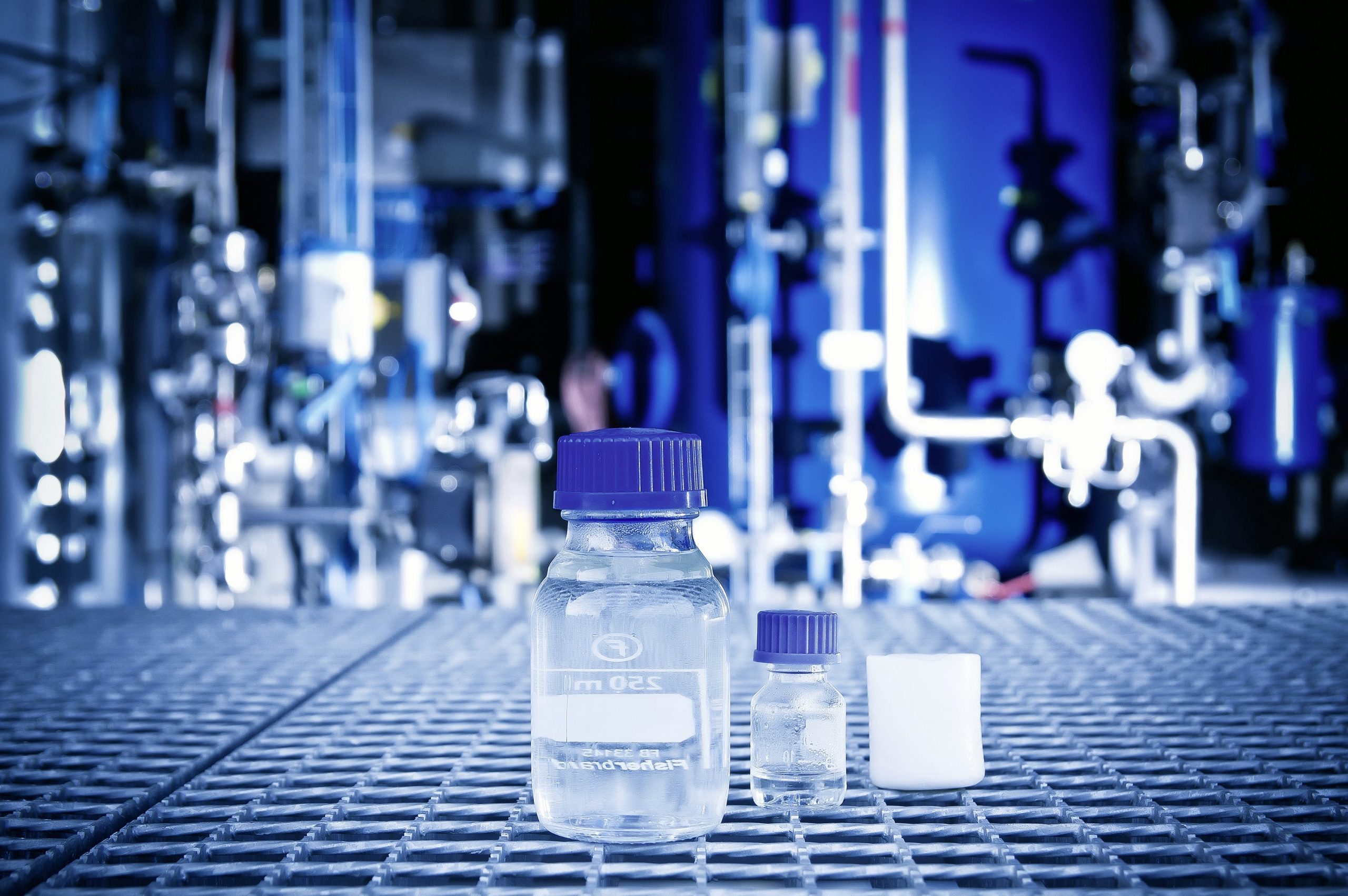
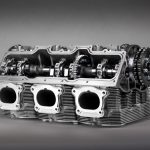
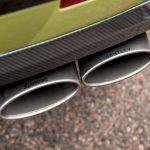


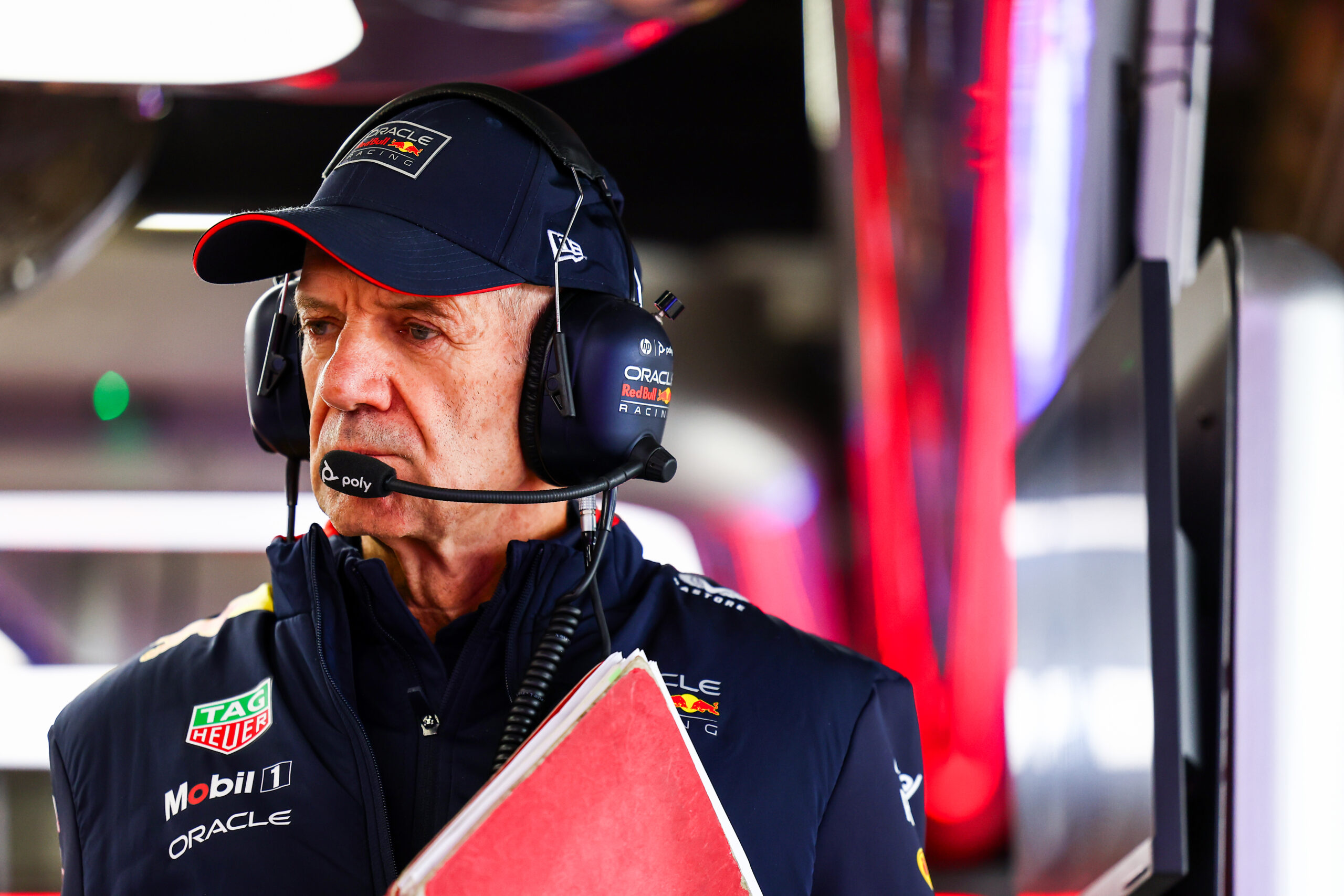




use nuclear power for specific industries to craft designer fuels from coal. if the germans could make aviation fuel from coal 80 years ago we could build just the liquid hydrocarbon we want today.
I do NOT understand why legislators are fiercely opposing against E-fuels. I think it is almost criminal. Off course we need to do the best we can and more to save our planet, but forcing everyone to go electric is NOT the solution (especially if we rule out nuclear energy). How much thousands of windmills more do we need in our beautiful countryside? Or in the sea, destroying sealife? How much more square miles of solar panels we need on the ground? How much more new huge coal and gasburning electric plants? How much forests we need to destroy to built all those new gargantulesque battery plants?
Foremore, batteries need toxic materials, only available in limited quantities and of which the extraction is harmfull. Not to mention taht the production of batteries needs incredible amounts of fresh water. If we all go electric, just image the billions and billions of batteries we will need.
And so on…
With this ELECTRIC HYSTERIA, we only serve one goal: the chareholders who now have allready invested in this technology and want no other than make it obligatory for everyone to buy their products (so they get filthy rich). Legislators blindly serve this purely capitalistic machine (or is it a bubble?)
Who is the victime?
The households who have to buy yet another new car (after they were obliged some years ago to buy a petrolcar after they were obliged to buy a dieselcar…, which is the case in europe: a car lasts easily some 20 odd years but thanks to ever changing legislation, we had to change cars allready three times in that same periode: is this good on nature?)
Yes, surely, but foremost nature itself. We try to solve the problem by producing again more and consuming again more and wasting again more and destroying again more of nature. I try to understand these socalled green politicians who willingfully set out to destroy what they supposedly want to preserve… I fail to do so. Am I missing something?
With e-fuels we could continue to use the same existing technology and infrastructure (that harm on nature is allready done) in a clearly more nature friendly way. Who can oppose to that? We have to produce and consume less if we want to help our planet, not more (what the electric hysteria does)
Surely “synthetic” fuel is already available in the form of BioFuel eg. Calor BioGas? it is carbon neutral in a closed cycle; I am already using in my dual-fuel Prius, thus helping the enviorment!
Still no mention of the environmental damage done in vehicle manufacture. 70% worse than a combustion engined equivalent but infinitely more then driving a car that’s already been built and keeping older cars on the road.
I have to say the comment about doing your part for the planet in a dual fuel car is just blind,
two engines need to be produced for one car, a set of highly toxic batteries produced in another country so just ignore that, not your problem
Hybrid cars are the worst thing on this automotive planet,
they still use petrol, and oil, and also require energy from electricity, PHEV are worse than Self Charging,
Electric or Petrol not both, it helps nobody, and all the Uber drivers running around in 10 year old Prius not paying charges or taxes, when the batteries died years ago,
rule makers and politicians are completely consumed with greed, for the bottom line,
to build and drive my diesel Audi for 10 years cost in carbon foot print less than a brand new Mitsubishi PHEV.
Check out Sandia labs work on ducted diesel injection technology. With this a truly clean Diesel engine is a reality. No soot (particulates) and little in the way of NOx. And it can be retrofitted and also runs better on bio fuels.
Why are aircraft not mentioned as one of the biggest polluters and cause of climate change they are putting polutents high I the atmosphere, where as diesel and petrol cars, lorry’s etc is at ground level and polutents probably stay there, should we look at aircraft fuel before putting the blame on motorists , or would this be politically incorrect , or just money.
I sold and ran cars on Discol and National Benzole for many years and that was a an Ethonol /petrol mix, also I raced motorcycles running on Methanol in the 1950’s ( yes I’m very old ) and I never had any of the so called problems that have been putting people in a panic. Even in Henry Ford’s day Ethanol was used in ic engines promoted as a Super fuel.
Some interesting points, however, why are the media and governments not evaluating the effects of modern technology such as radio waves, wifi, mobile phones etc. In the last 30 years technology has moved quickly; I ask myself do we really understand the effects that this is having along side fossil fuels? I think not. Having recently read a book written between the wars by, ‘Herbert Palmer’ he talks about the changes in weather patterns after the introduction of Radar detection masts particularly around Cornwall where there was concern and complaints from locals about the increase in rainfall, just a thought, as I have a vested interested and it appears to me that yet again governments and the media are subjective in their approach.
I simply cannot understand why any sane individual would want to carry on throwing away 70 to 80% of their very expensive fuel burning it in a *hopelessly* inefficient internal combustion engine when there is a clean and hugely more efficient, affordable and practical alternative method of propelling motor vehicles… *Unless* it is to allow a very limited number of examples of the pinnacle of historic automotive engineering and design to continue to delight owners and fans for evermore. It really does not matter how you make a synfuel if you are going to use it so appallingly and ignorantly in an Otto cycle engine.
what about E-85 ????